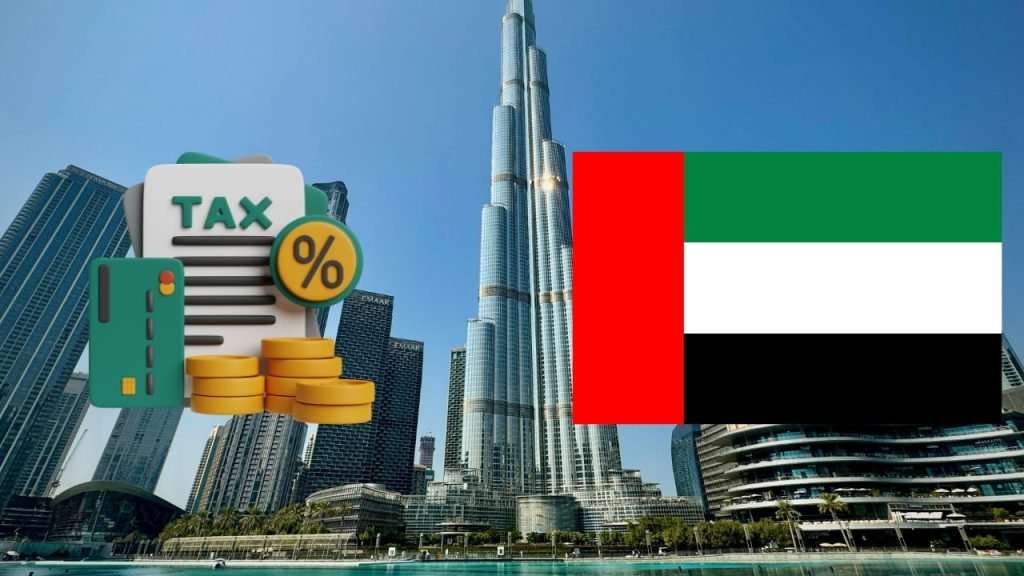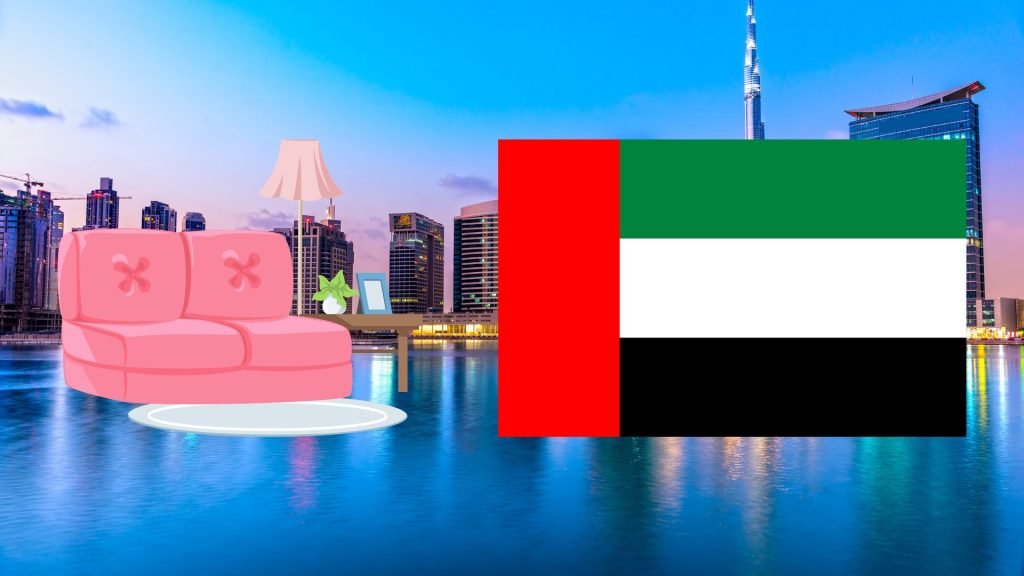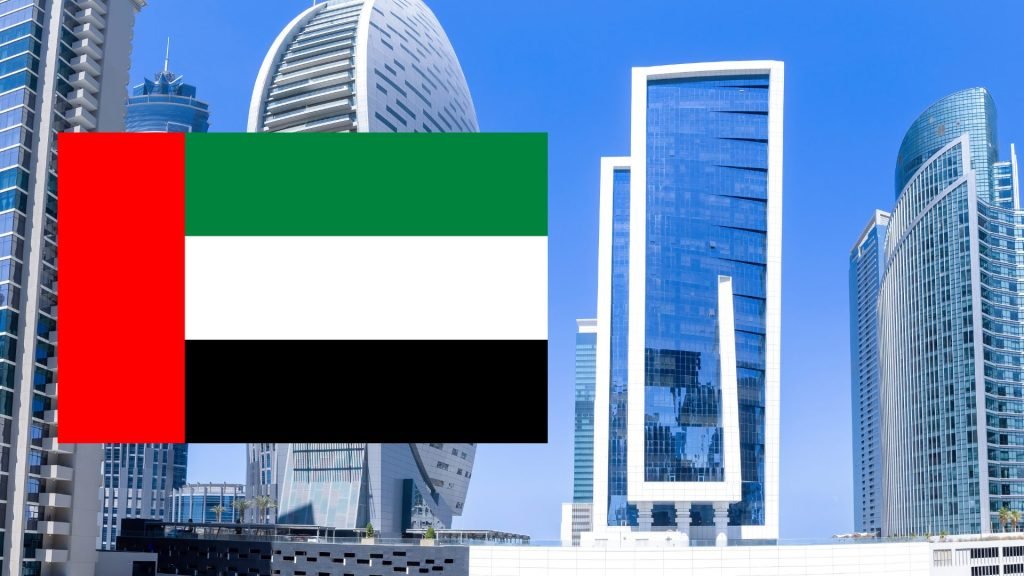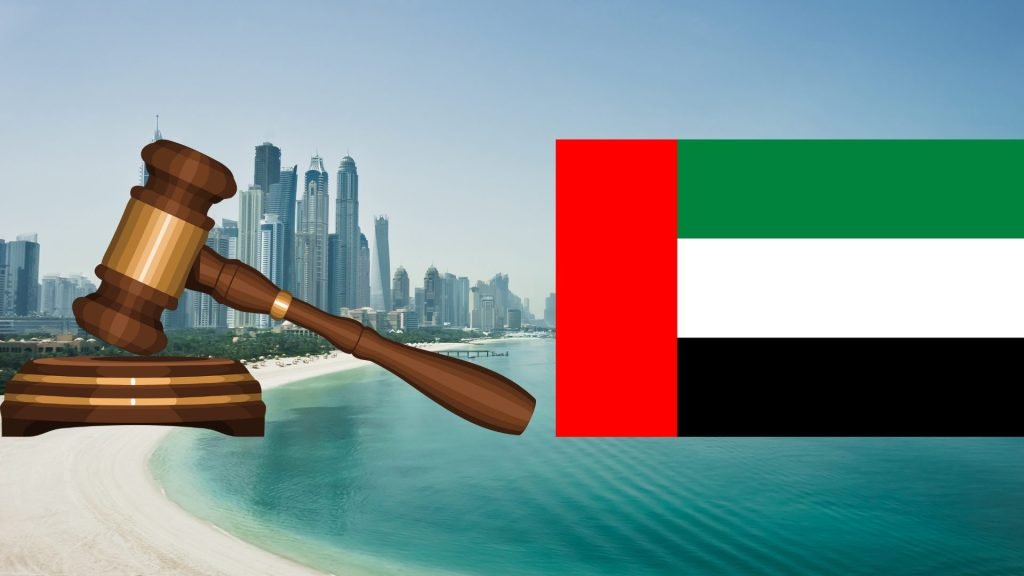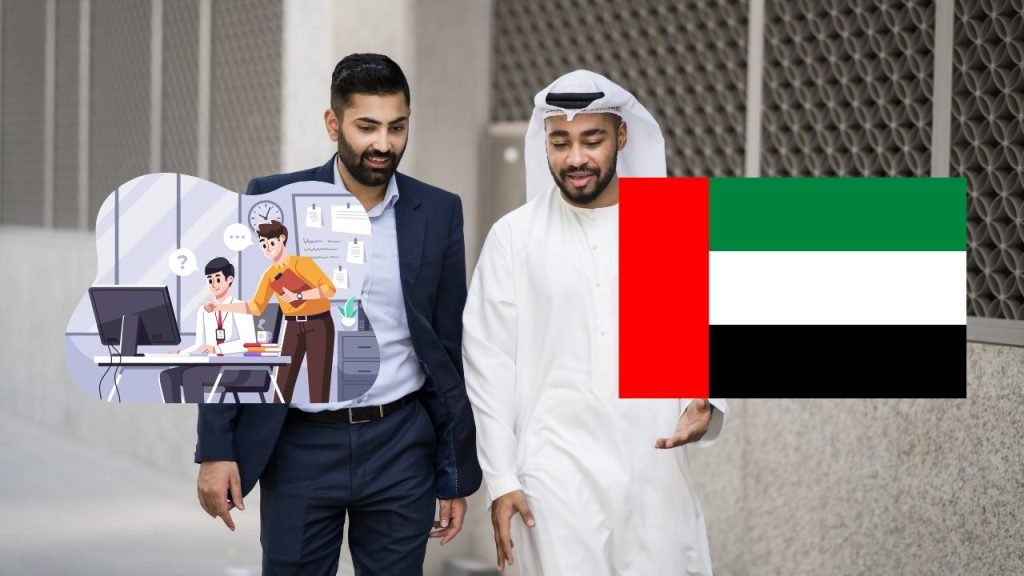What exactly are free zones?
What is a free zone in Dubai? A free zone – or free trade zone – is a special economic area where companies can do business under relaxed regulations and tax benefits.
In Dubai zijn er meer dan 20 van dit soort zones, elke free zone met een eigen sectorfocus, voorwaarden en voordelen. Als je een bedrijf gaat starten in Dubai of gaat investeren in Dubai, dan is het belangrijk om je in te lezen over deze free zones.
But what makes a free zone different from the ‘mainland’ of Dubai?
Unlike companies established outside a free zone (so-called ‘mainland’ companies), companies within a free zone can be 100% foreign-owned. This means that as a Dutch entrepreneur, you don’t need a local sponsor – something that is mandatory for regular business registration on the ‘mainland’. However, since 2020, you can also be 100% owner as a mainland company (read for this: full foreign ownership of commercial companies).
Wat is een lokale sponsor in Dubai? Als je zaken wilt gaan doen in Dubai heb je in sommige gevallen een lokale sponsor nodig, dus local die je naar binnen haalt. Dit is bijvoorbeeld als je gaat werken in Dubai, je werkgever.
Free zones are designed to attract foreign companies and are often focused on one or more specific sectors such as e-commerce, technology, media, logistics, or healthcare. You have free zones in Dubai, but also in the other emirates in the UAE.
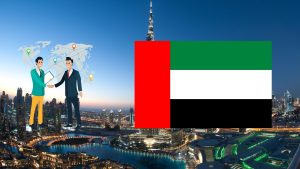
Advantages of Dubai free zones
Why do entrepreneurs choose a free zone in Dubai? For many Dutch people considering starting a business in Dubai, free zones are particularly attractive. Here are the main advantages at a glance:
- 100% foreign ownership – No local partner or sponsor needed.
- Network: you surround yourself with like-minded companies in the same sector, giving you an instantly valuable network.
- Full repatriation of profits and capital – In some free zones, you can transfer all your earned money back to the Netherlands without restrictions.
- Exemption from import duties and corporate tax – In many cases, you pay 0% tax.
- Fast and easy setup – Some free zones offer full business registration within a few days.
- Visum – Afhankelijk van de free zone kun je ook werk- of investeringsvisa aanvragen.
- Modern infrastructure – The free zones are often focused on a specific sector. These free zones try to make it as comfortable as possible for these sectors. Office spaces, warehouses, digital tools, and even co-working spaces are often included.
As stated by the Ministry of Economy of the UAE, the free zones are also distinguished by their own regulations, making procedures and business operations easier.
How many free zones are there in Dubai and what do they offer?
How many free zones are there in Dubai? Dubai now has more than 20 official free zones, each free zone with its own specialization and benefits.
Whether you’re active in technology, media, production, or healthcare: there’s often a free zone that fits your type of business.
According to the official website, these include:
- Dubai Internet City (DIC) – For tech companies and tech start-ups
- Dubai Multi Commodities Centre (DMCC) – For trade in commodities and luxury goods
- Jebel Ali Free Zone (JAFZA) – For international logistics and production
- Dubai CommerCity – Specifically aimed at e-commerce companies
- Dubai Silicon Oasis (DSO) – R&D and innovative technology
- Dubai Media City – For marketing, communication, and media
- Dubai Healthcare City (DHCC) – Healthcare, medical services and research
Every free zone in Dubai offers:
- Own licensing forms (commercial, service, industrial licenses)
- Access to ready-to-use office spaces
- Sector-specific support and networking opportunities
- Digital portals for easy setup and management
Did you know… some free zones like Meydan Free Zone and Dubai South offer 24/7 online registration? This means you can set up your company even from the Netherlands – completely online!

Most Popular Free Zones in Dubai
In Dubai, you’ll find many free zones, more than 20. Below, we highlight the most popular free zones in Dubai, which are attractive for both startups and established Dutch companies.
1. Dubai Multi Commodities Centre (DMCC)
DMCC is the largest and most connected free zone in the world. Located in the iconic Jumeirah Lakes Towers (JLT), DMCC accommodates more than 22,000 companies. This zone is perfect for traders in gold, diamond, tea, coffee, agricultural products, and even crypto.
Unique advantage: DMCC offers flexible office options and has a strong international trade network.
2. Jebel Ali Free Zone (JAFZA)
One of the oldest and largest logistics free zones in the region. JAFZA is connected to the Jebel Ali Port and Al Maktoum International Airport – ideal for export and import.
Fact: More than 100 Fortune 500 companies have established themselves here.
3. Dubai CommerCity
Specifically targeted at e-commerce companies. This zone is equipped with a good online infrastructure, fulfillment centers, and offers assistance in online payments, logistics, and platform integration.
Perfect for: Webshops and tech companies from the Netherlands looking to expand in the MENA region.
4. Dubai Airport Free Zone (DAFZ)
This zone is located right next to Dubai International Airport and is popular among companies that need speed and global accessibility.
Number of companies: More than 2,800 from 20+ sectors are active here.
5. Dubai Silicon Oasis (DSO)
A ‘smart city’ with a strong focus on R&D, tech, and innovation. DSO houses thousands of companies in AI, software development, smart tech, and engineering.
Special detail: DSO has been named number 1 in the world for R&D by fDi Insights.
Sector-Specific Specializations
Each free zone in Dubai has its own sector focus. This helps entrepreneurs to establish themselves in an environment with like-minded companies, partners, and supporting services.
Here are some examples of sector-specific zones:
- Tech & Innovation
- Dubai Internet City (DIC)
- Dubai Silicon Oasis (DSO)
- Dubai Science Park (DSP)
- Media & Creative Industries
- Dubai Media City (DMC)
- Dubai Studio City
- Dubai Design District (d3)
- Education & Healthcare
- Dubai Healthcare City (DHCC)
- Dubai Knowledge Park
- Dubai International Academic City
- Logistics & Trade
- Jebel Ali Free Zone (JAFZA)
- Dubai South
- Dubai Airport Free Zone (DAFZ)
- Financial and Business Services
- Dubai International Financial Centre (DIFC)
- Meydan Free Zone
Tip for entrepreneurs: Choose a free zone that best aligns with your sector, not just based on costs, but also because of network, infrastructure, and expertise. Ultimately, the intention is that you will of course recover your costs through all the advantages that free zones in Dubai have to offer.
Costs of Free Zones in Dubai
The costs of setting up a company in a free zone can vary greatly, depending on factors such as:
- The chosen free zone
- The type of license (commercial, consultancy, industrial)
- Size of the office space
- Number of required visas
- Additional services (such as legal support, bank account opening)
Of course, this often also applies: the larger your company is, the more you need.
On average, you can expect:
- License fees: from AED 10,000 to AED 30,000 per year
- Office space: from AED 15,000 per year (flexi-desk) to AED 80,000+ for a private office
- Visa costs: AED 3,000 – 7,000 per visa
- Other costs: administration, notary, translations, insurances
💡 Did you know… some zones like Meydan and IFZA offer favorable packages for start-ups, including all-in-one solutions?
Important: Always be aware of hidden costs. Request a full quote from the zone or work with a reliable local advisor who has experience with expats.

Disadvantages of free zones in Dubai
A free zone thus offers many advantages for your business, but a free zone can also have some potential disadvantages.
Although free zones in Dubai offer many advantages for foreign entrepreneurs, there are also several points of attention that you, as a Dutch person, should understand well before establishing yourself in a free zone in Dubai.
1. Limited trading freedom within the UAE
One of the biggest disadvantages is that companies in a free zone are officially not allowed to do business directly with the local market (Dubai mainland) without the intervention of a local distributor or setting up a branch office with a mainland license.
Example: A marketing agency in Dubai Media City cannot simply provide services to companies outside its own free zone unless this is done through an authorized intermediary.
2. Dependence on the rules within the zone
Each free zone in Dubai has its own authority and regulations. This means that processes, costs, and requirements can differ significantly. Moving from one free zone to another is often not easy to do.
3. Higher costs with growth
What starts off as cost-effective for a freelancer or small business (for example, a flexi-desk) can quickly become more expensive with rapid growth. Think of higher license or rental costs when you need more employees, space, or visas. However, this is often expected with a growing company.
4. Limited scalability in certain zones
Some smaller free zones offer less room to scale up, or are less attractive to larger clients and partners.
5. Perception and image
In certain industries, operating from a free zone may be seen as less ‘prestigious’ than a ‘mainland’ presence, especially when bidding for government contracts or large B2B contracts.
